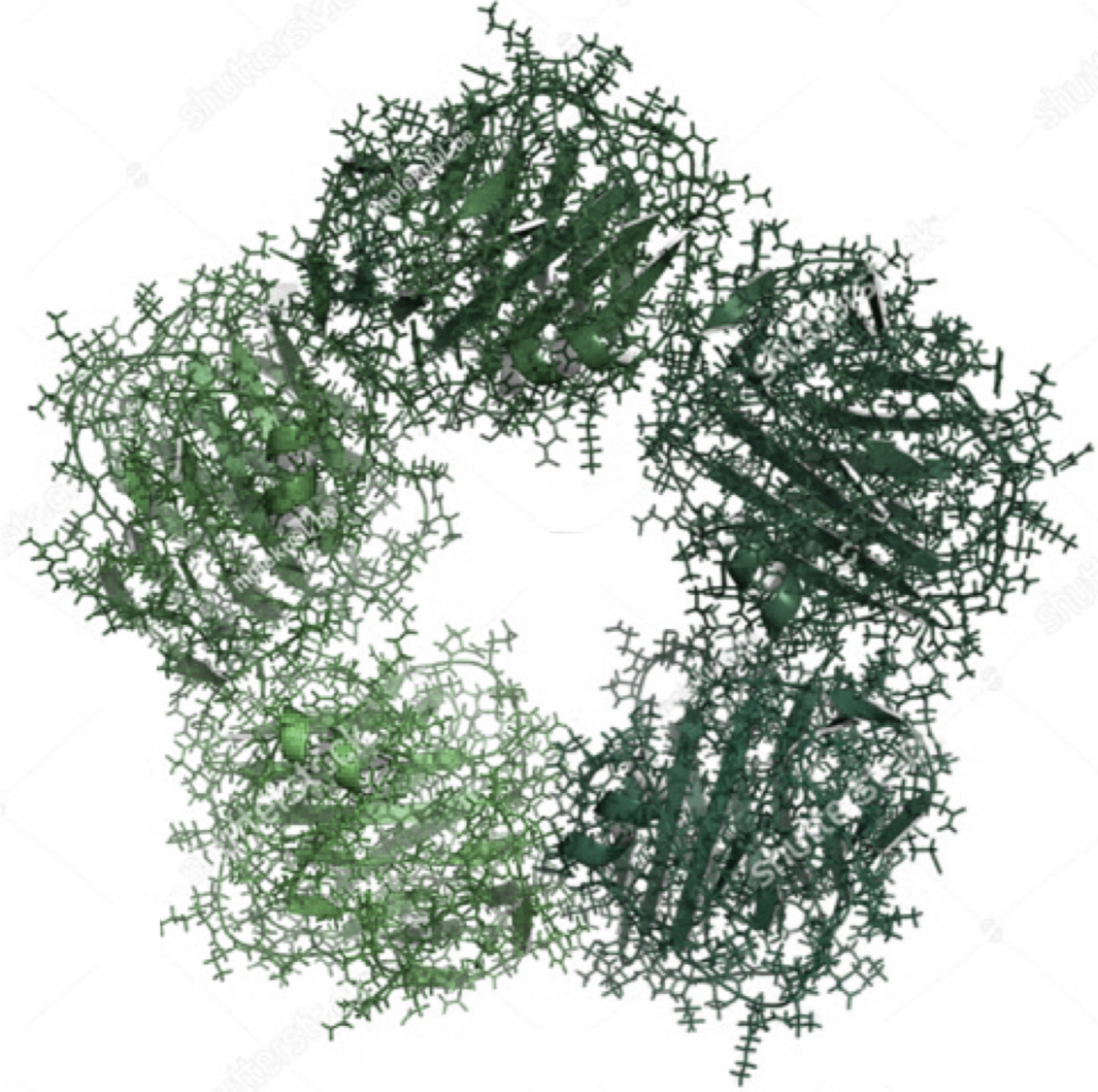About OPT
Olympic Protein Technologies (OPT) is a contract research organization focused on providing high-quality protein science services for clients and partners.
The quality of proteins is vital to the success of experiments that form the foundation of the discovery and development of therapeutics. Our staff has a wealth of collective experience in top-tier biotechnology companies successfully designing, producing and characterizing protein therapeutic candidates as well as critically important antigens and reagents. This experience includes solving problems associated with the expression/purification of challenging proteins. The aim of our team is to leverage this knowledge to provide the best experience and outcomes for our partners and clients by providing quality science delivered with full engagement and the highest standards, integrity, and data security.

OPT currently offers construct design, expression, protein production & characterization, biomolecular interaction analysis, and protein engineering services. We also can leverage our network of protein science contacts to provide access to other types of analyses, such as advanced biophysical technologies, for your project. As we grow we will build on our existing capabilities while broadening our offerings to include additional protein science services.
We are located in Seattle Washington USA.


Meet the OPT Team

Derek Piper
CEO
Derek joins Olympic Protein Technologies with over 30 years of experience from academia, small biotechnology, and large biopharmaceutical companies. Most recently, Derek was a Senior Director at Exelixis where he led the protein sciences and structural biology team to support development of therapeutic candidates for multiple oncology targets, including XL495 (a small molecule inhibitor of PKMYT1 kinase). Prior to that, Derek was a Principal Scientist at Amgen where he led the South San Francisco structural biology team to support the development of both large and small molecule drug candidates across Amgen’s therapeutic areas. At Amgen, Derek and his team were integrally involved in the discovery, advancement and/or understanding of multiple approved or development candidate molecules including Repatha® & AMG 492 (PCSK9 inhibitors), AMG 925 (FLT3/CDK4 dual kinase inhibitor), AMG 330 (CD33 targeting BiTE®), AMG 139 (IL-23 inhibitor), AMG 193 (PRMT5 inhibitor), AMG 509 (STEAP1 targeting XmAb) and AMG 301 (PAC1r inhibitor). Derek also led the Amgen structural biology efforts to support development and optimization of the BiTE® (Bispecific T Cell Engager) and IPP (Induced Proximity) platforms. Prior to his time at Amgen, Derek performed research at the smaller biotechnology companies Tularik and BioEdge, specializing in protein purification and crystallography. Derek received his M.Sc. degree from Johns Hopkins University while performing research in the lab of Cynthia Wolberger. Derek is an author on 16 peer-reviewed publications and an inventor on over 70 patents / patent applications.

Michael Wittekind
CSO
Prior to founding Olympic Protein Technologies, Mike served as the Chief Scientific Officer at ContraFect Corporation leading the team to build their discovery and development pipeline including CF-301, CF-296, and CF-404 for the treatment of infectious diseases. Prior to that he served as the Executive Director of Research for Amgen Inc., where he directed the Protein Science Departments at the Amgen-Seattle and Amgen-Massachusetts sites leading discovery efforts for multiple protein therapeutics including antibodies, antibody-drug conjugates, bi-specifics, and protein fusions, as well as epitope mapping studies to support patent filings. Under his direction 11 programs were transitioned from discovery to the preclinical and clinical stages, including brazikumab, AMG-820, tezupelumab, and brodalumab (Siliq™). Prior to that he held positions at Phylos Inc. and at Bristol-Myers Squibb Pharmaceutical Research Institute, directing groups at multiple sites leading protein expression and structural biology research for protein and small molecule therapeutic efforts including atazanavir (Reyataz™/Evotaz™). Mike received his Ph.D. in Biochemistry from the University of Wisconsin-Madison followed by postdoctoral studies at the University of Washington and is the author of over 40 peer-reviewed publications and 13 patents.

Monique Howard
After obtaining her Bachelor of Science in Biology from Gonzaga University, Monique directly participated in the discovery and development of marketed small and large molecule biotherapeutics at Icos Corporation and Amgen Inc. She has extensive experience in biophysical and biochemical assay development, with specialized training with Dr David Myszka focused in kinetic analysis of biomolecular interactions through the use of surface plasmon resonance technology (SPR/Biacore). This expertise and experience spans every phase of the drug discovery and development process from early discovery research proof of concept studies, antibody screens, antibody maturation and epitope binning, to later stage molecular optimization using protein engineering and high throughput SPR screens, to late stage molecular characterization for regulatory submissions including biosimilarity and comparability studies. Monique played key roles in the characterization and development of novel molecules such as tadalafil (Cialis™), antibody-drug conjugate AMG 224, evolocumab (Repatha™), bi-specific AMG 330, as well as biosimilars ABP 215 and ABP 980.
